There's been ongoing discussion about whether the rise of cell phones has led to a decrease in activity on amateur radio repeaters. Some argue that cell phones have replaced the need for repeaters, but this perspective overlooks the unique functionalities and community aspects of amateur radio.
Firstly, it's important to note that a typical cell phone call connects you to one person at a time. The technology for group calls, while available, is not as straightforward or commonly used. You might set up a party line—a concept dating back to the '60s and '70s—or perhaps use modern tools like Zoom for a conference call. However, these setups require organization, password protection, and ensuring all participants have the link, which isn't as spontaneous or convenient as using a repeater.
Repeaters serve a unique function that cell phones simply can't replicate. For instance, during daily commutes or while running errands around town, repeaters allow for seamless communication among a large group of people. This is especially vital during emergencies like storm outages or severe weather events. Repeaters provide real-time updates and the ability to coordinate with multiple people simultaneously, a feature that cell phones struggle to match due to their one-to-one nature.
The Essential Role of Repeaters
Repeaters are invaluable during emergency situations. When cell networks are down or overwhelmed, repeaters often remain operational, providing a reliable means of communication. During storm watches, outages, or any bad weather events, repeaters enable groups to stay connected, share critical information, and assist each other in real-time. This capability is not just a convenience but a crucial tool for safety and coordination.
Practical Uses and Community Engagement
The practicality of repeaters extends beyond emergencies. They are a hub for the amateur radio community, facilitating regular check-ins, sharing of updates, and fostering a sense of camaraderie. This communal aspect is something that the solitary nature of cell phone calls lacks. On repeaters, you can join ongoing conversations, meet new people, and stay informed about local happenings.
In summary, while cell phones are an essential part of modern communication, they do not replace the unique functionalities of amateur radio repeaters. Repeaters provide a robust, community-oriented platform for group communication, especially in emergencies. They are a testament to the resilience and adaptability of amateur radio, ensuring that no matter the situation, there is always a way to connect and communicate effectively.

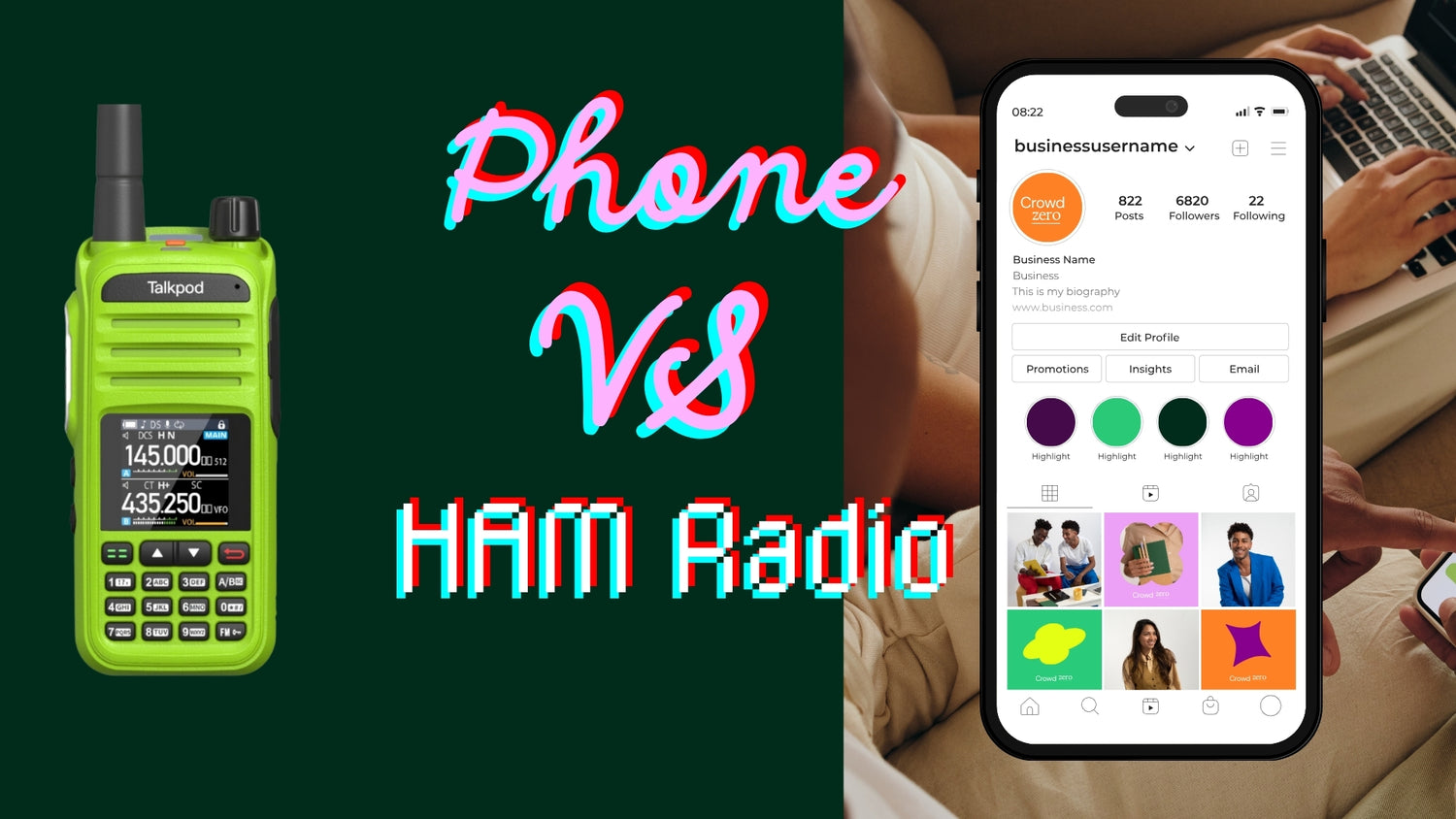


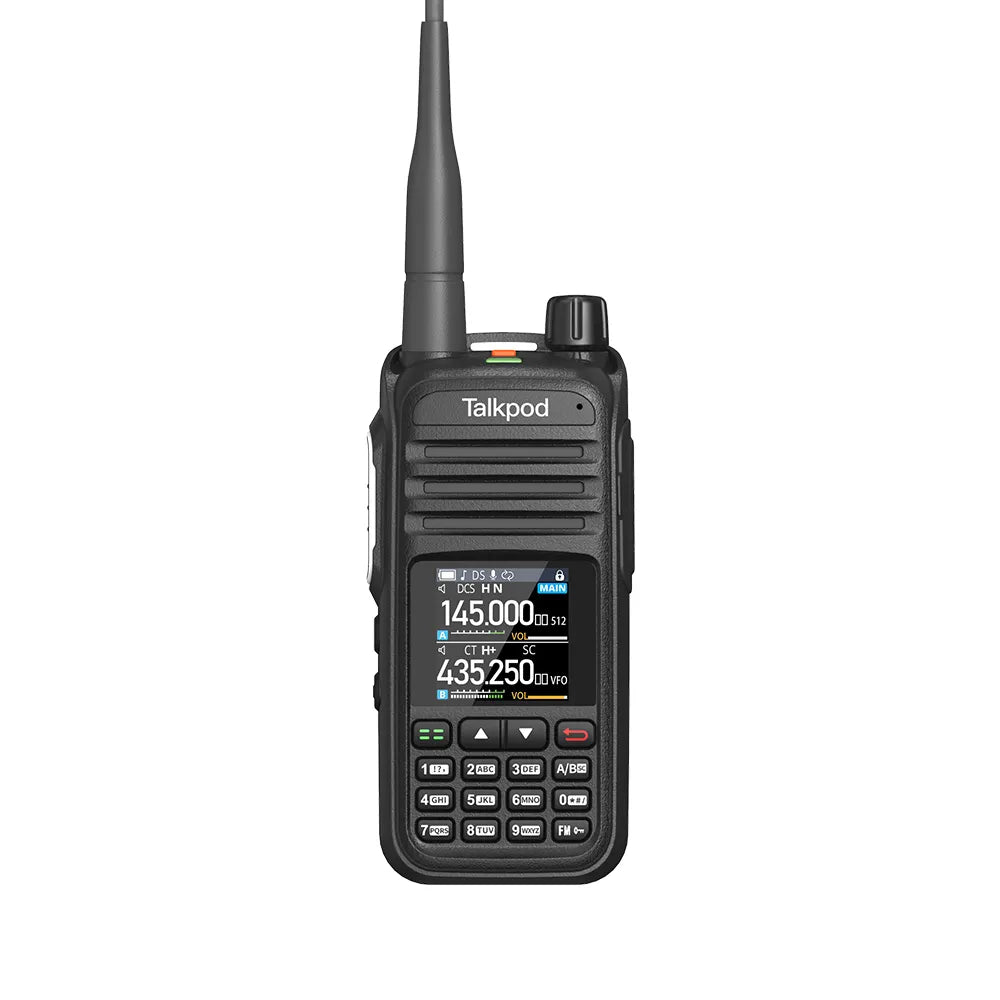
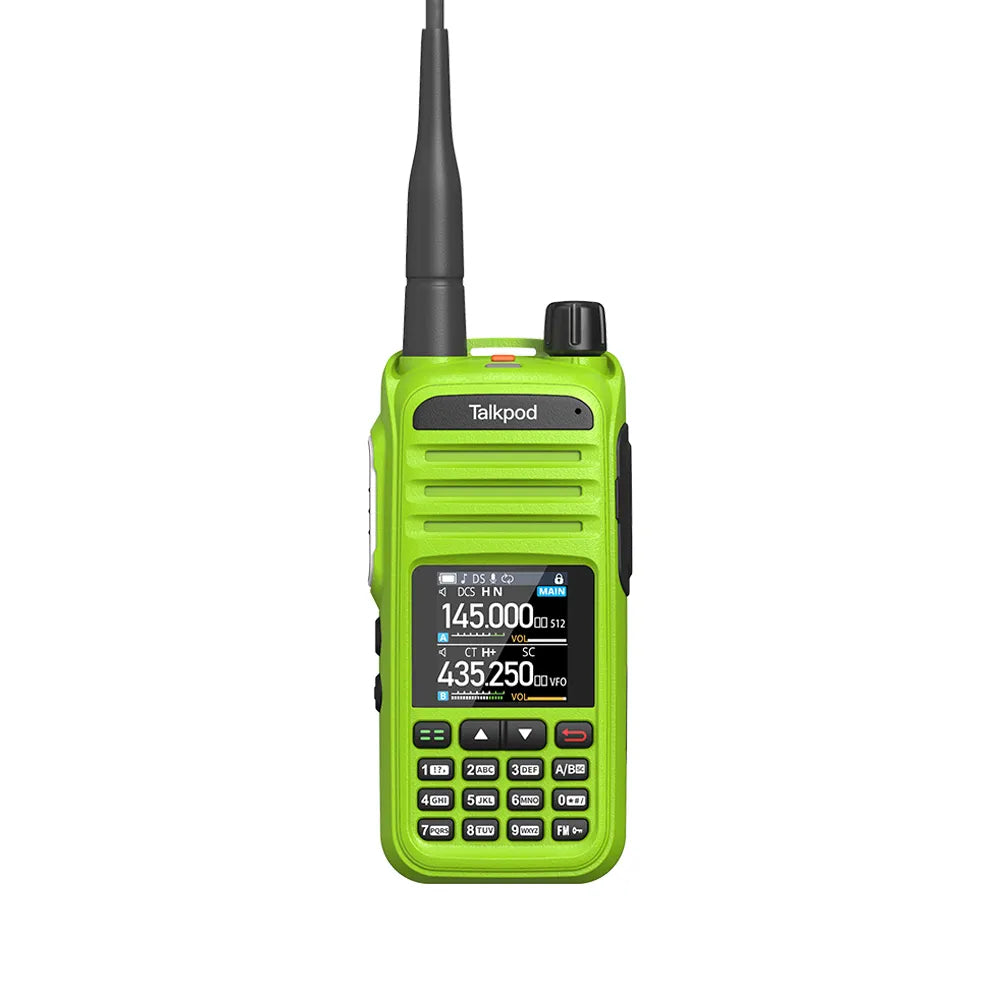
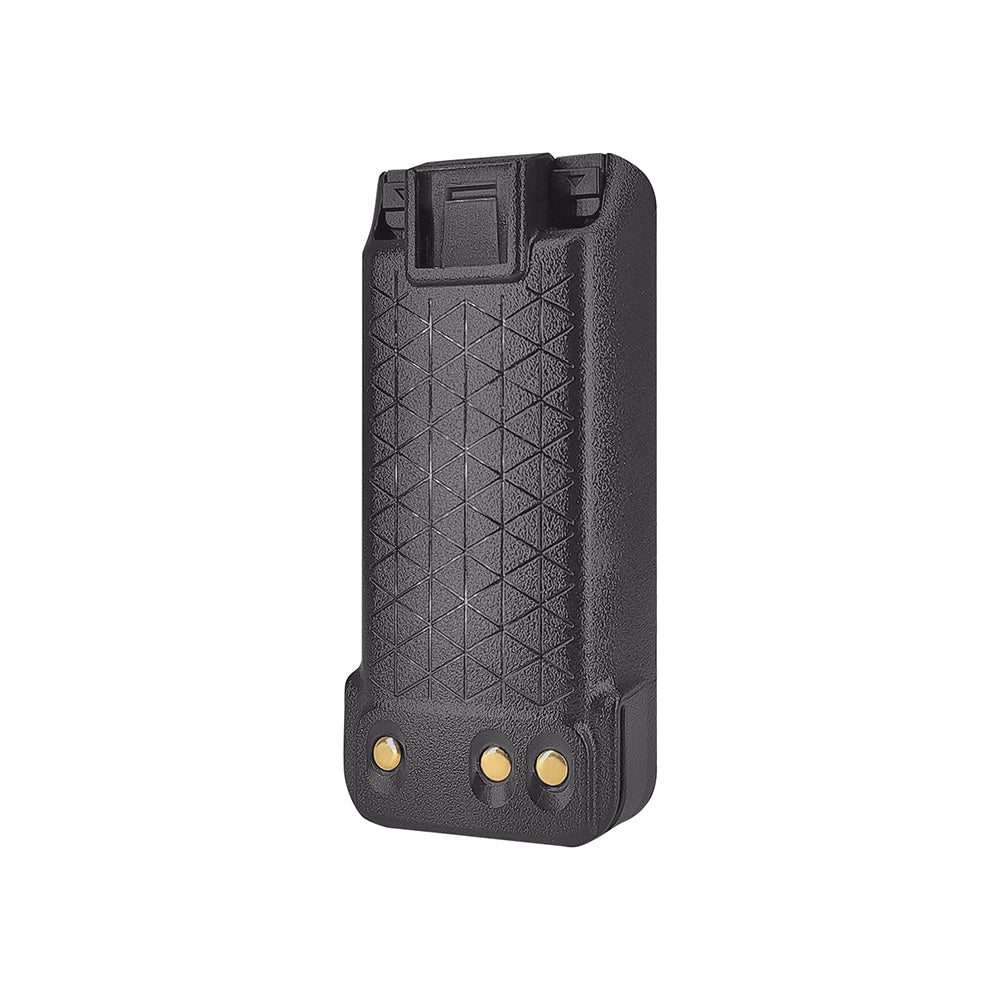

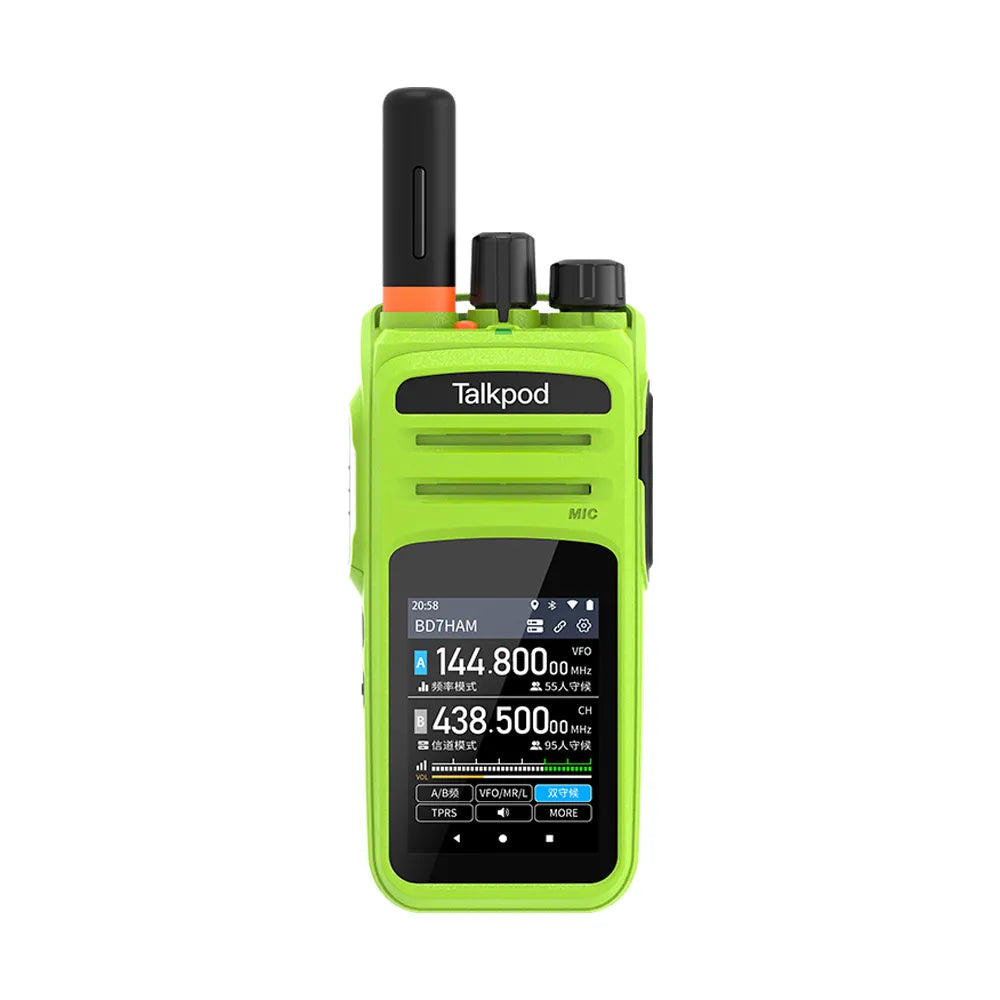
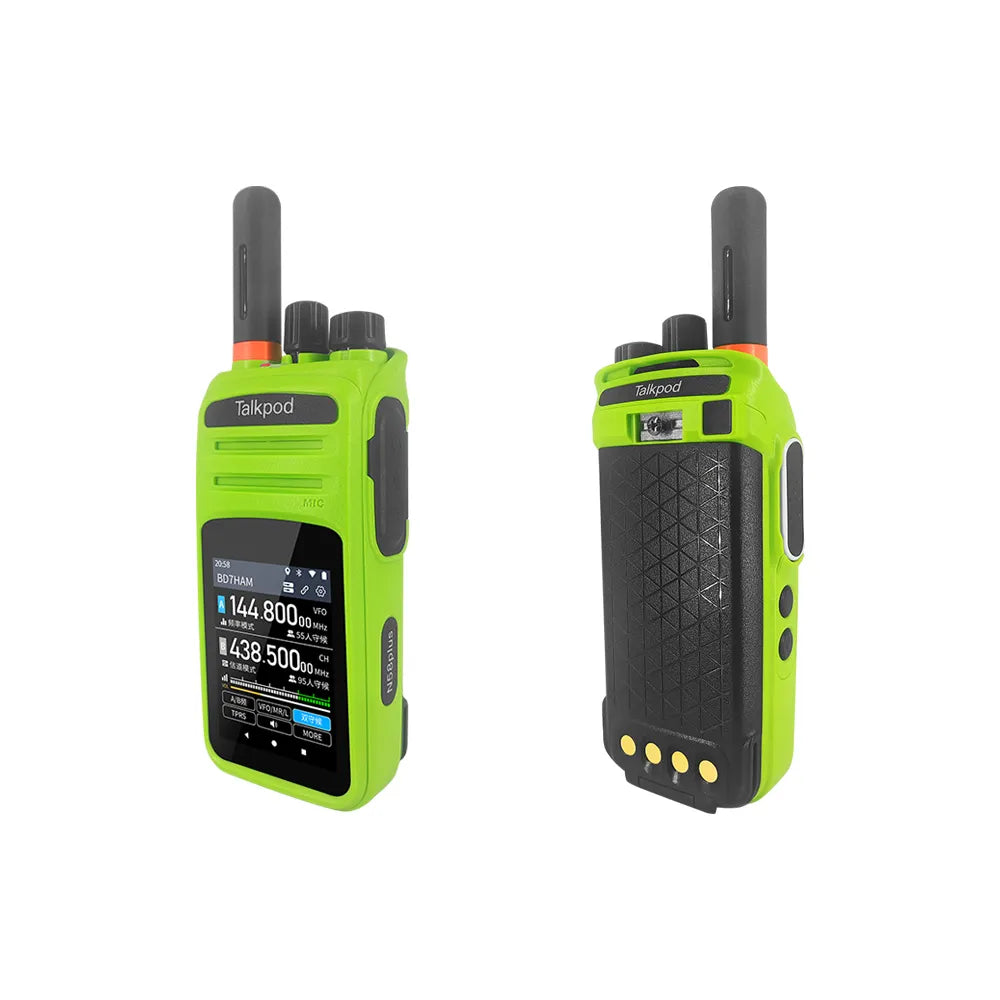
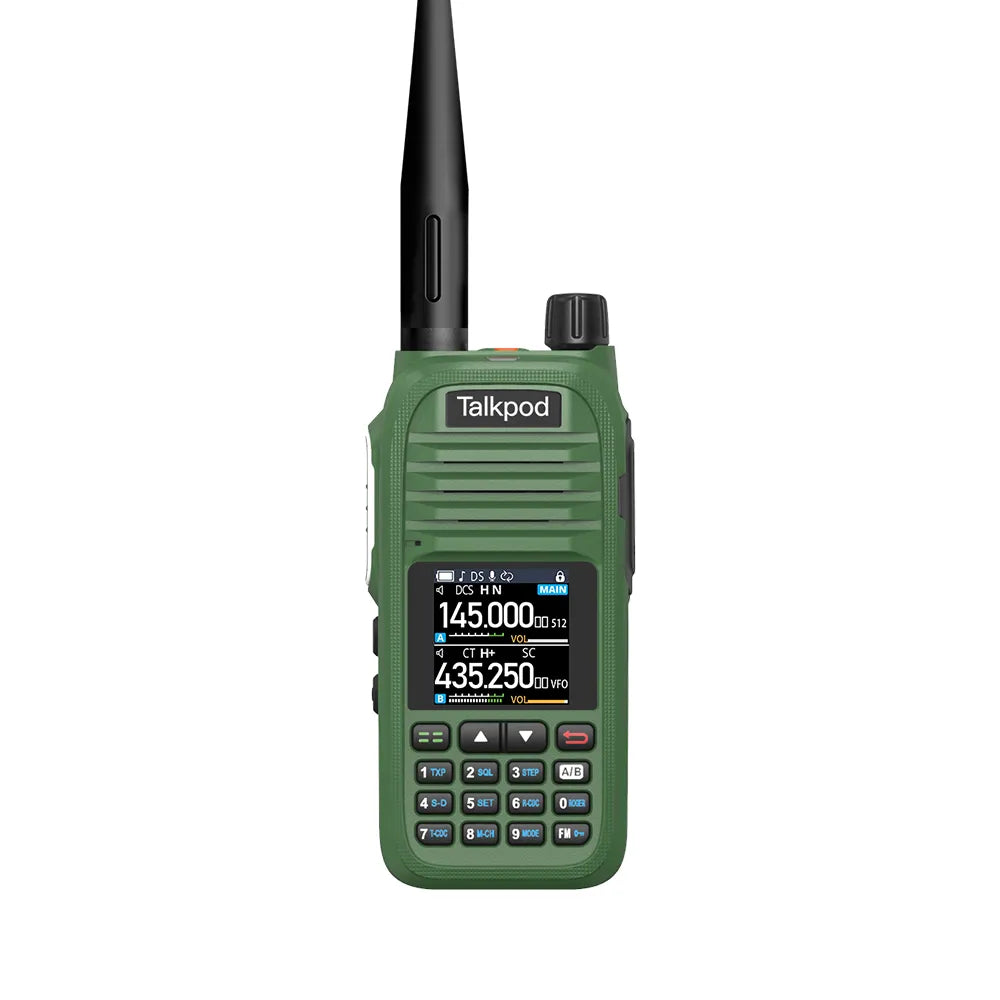
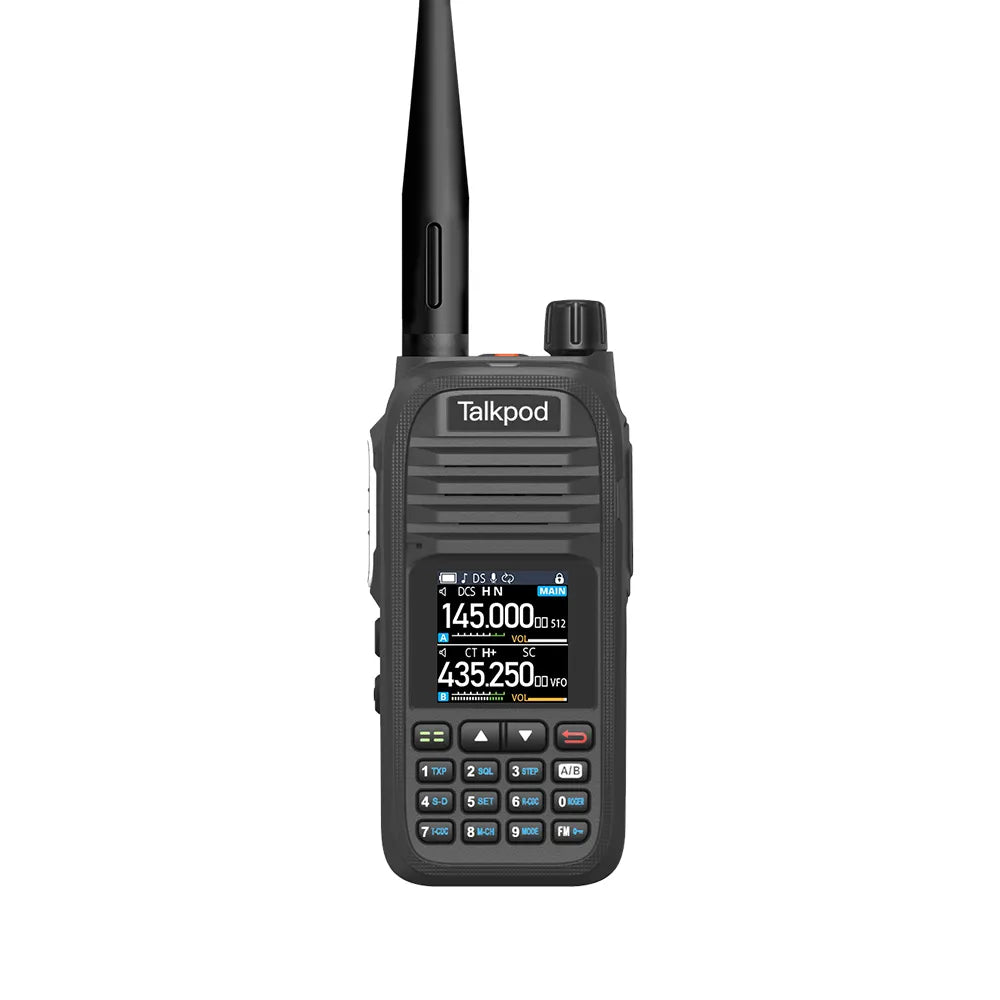
Leave a comment
All comments are moderated before being published.
This site is protected by hCaptcha and the hCaptcha Privacy Policy and Terms of Service apply.